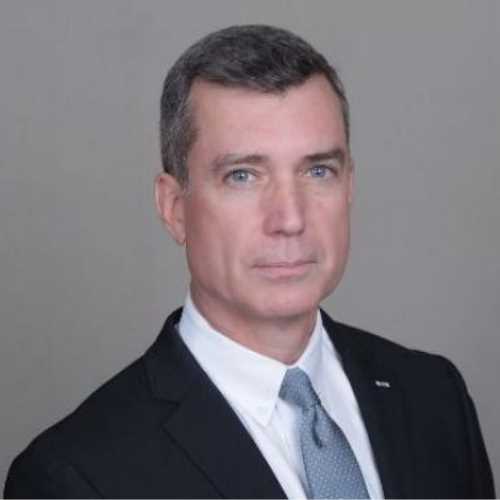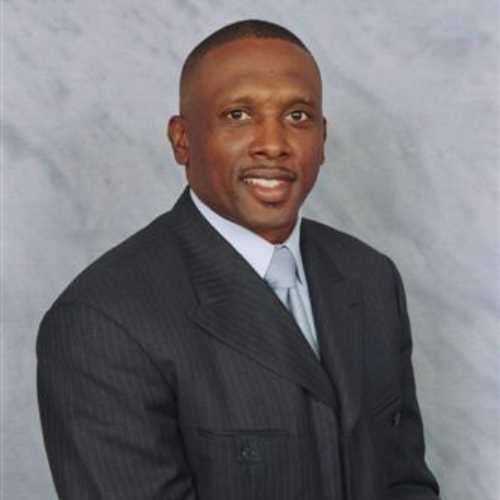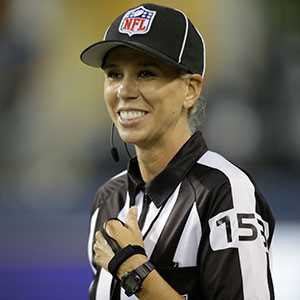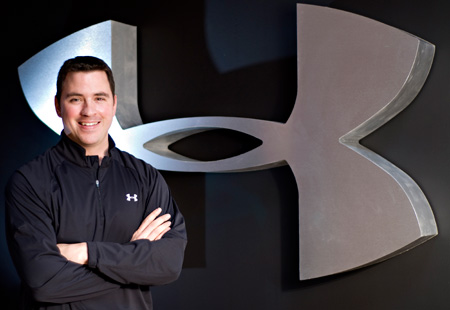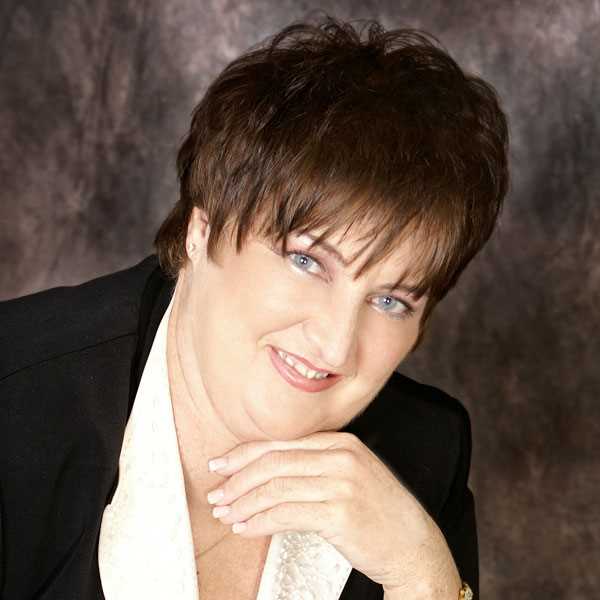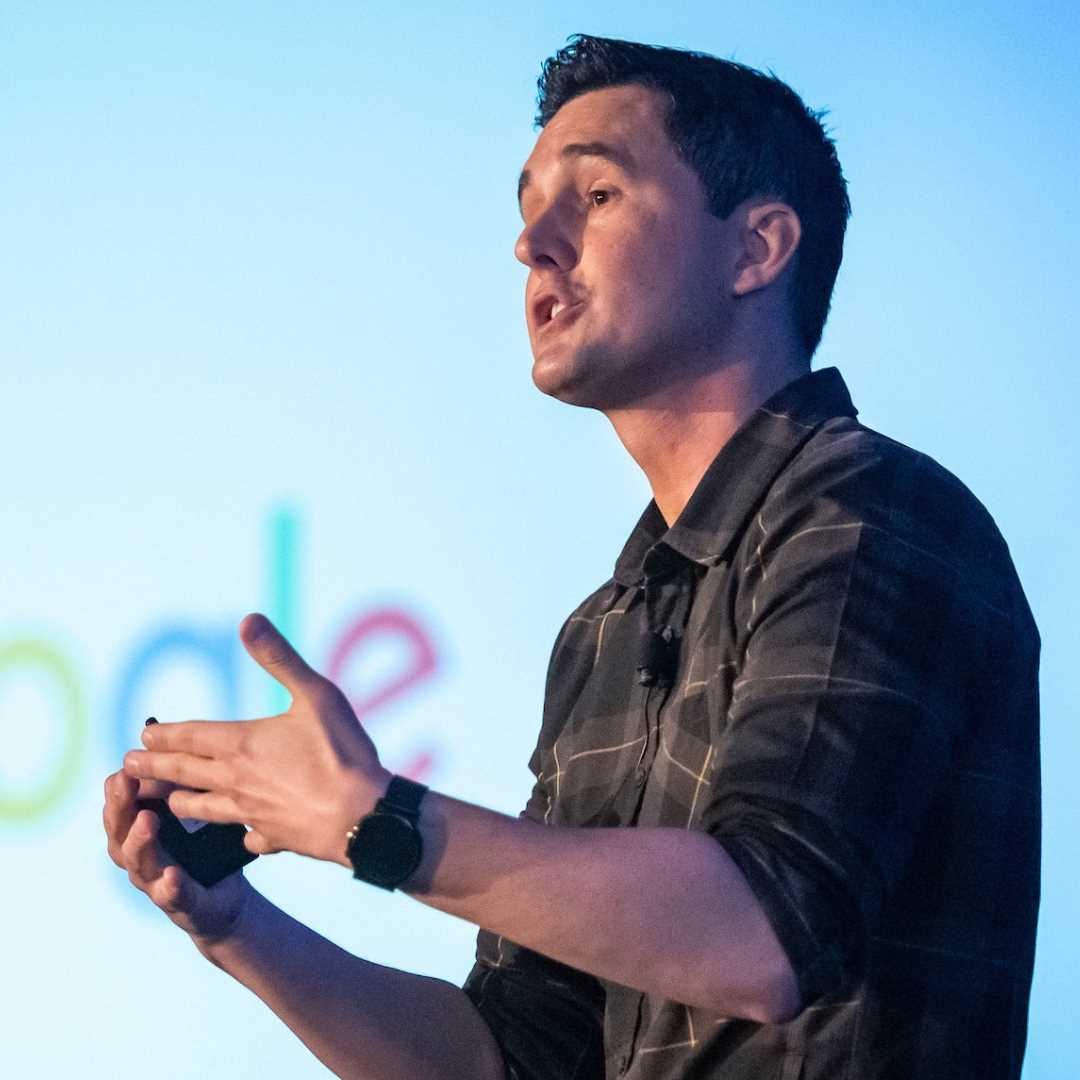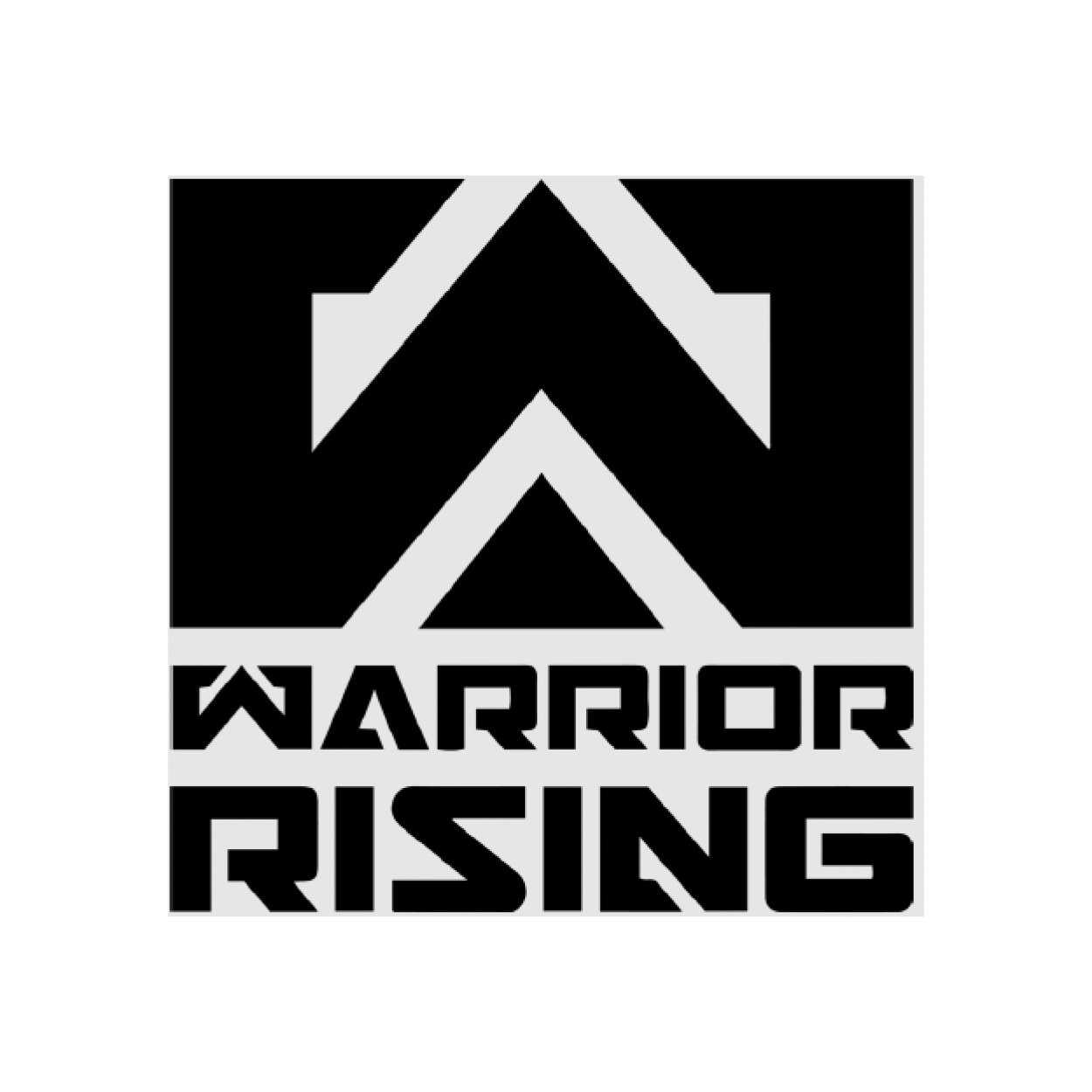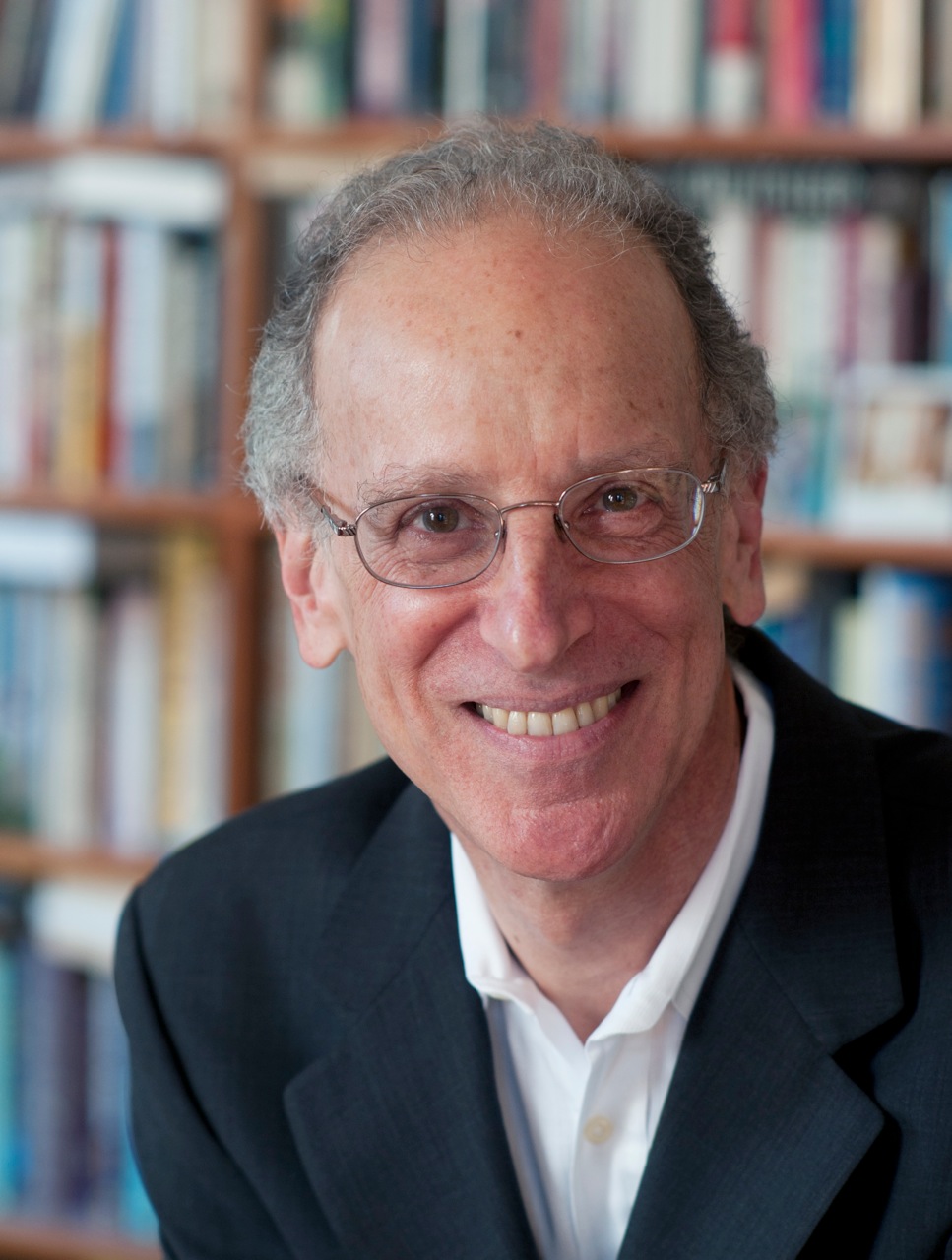
Randy Cohen Speaker Biography
Randy Cohen's first professional work was writing humor pieces, essays, and stories for newspapers and magazines (The New Yorker, Harpers, the Atlantic, Young Love Comics). His first television work was writing for "Late Night With David Letterman" for which he won three Emmy awards. His fourth Emmy was for his work on Michael Moore’s "TV Nation." He received a fifth Emmy as a result of a clerical error, and he kept it. He was the original head writer on the "The Rosie O’Donnell Show" for which he also co-wrote the theme music. In 2010, his first play, “The Punishing Blow,” ran at New York’s Clurman Theater. For twelve years he wrote "The Ethicist," a weekly column for the New York Times Magazine, an experience he drew on to write his first ethics book, “The Good, the Bad and the Difference.” His new book, "Be Good: how to navigate the ethics of everything," will be published by Chronicle in September 2012. He is currently the creator and host of “Person Place Thing,” a public radio program produced by WAMC. 901-754-9404.
How To Be Good
If we can reach a rough consensus on right and wrong -- don’t lie, don’t cheat, don’t steal -- why don’t we all behave virtuously? I explore the idea that the answer lies not in our characters but our circumstances, and discuss how to create the kind of communities -- in our neighborhoods, our schools, our businesses -- in which we are likely to behave admirably. Then during the Q&A, I apply these ideas to the actual ethical problems facing the listeners.
Being "The Ethicist": An Evening with Randy Cohen
After twelve years writing the popular New York Times magazine column, now it can be told: how I got, how I did, and what I’ve learned from my unusual job. Are those letters real? Did I ever get one wrong? (Or, depending on your perspective, right?) Here’s your chance to pose your own ethical dilemma or set me straight about a past column.
Drive an SUV in Manhattan, and You’re Driving Straight to Hell
Ethics concerns the effects of our actions on others. If you drive a private car when you have alternatives -- say for a half-mile hop in a big city -- then those effects are horrible: you pollute the air, squander public space, and kill about 30,000 of your neighbors every year. A look at the ethics of transportation.
Plagiarism, a Kind of Defense
We all deplore plagiarism, but should we? I argue that much of what we label as plagiarism in fiction, in music, and in art, is not only acceptable; it is admirable. Indeed it is the only way such work can be done. Other kinds of plagiarism -- in academic work, for example -- deserve our scorn. How do we distinguish between them, and how ought we respond to each?
Transparency Versus Privacy
We value both of these conflicting principles: we cherish the secret ballot as well as the open hearing; we demand at public trial after which the jury will deliberate in private. How do we reconcile this clash, all the harder in the age of Facebook. And where does WikiLeaks fit in?



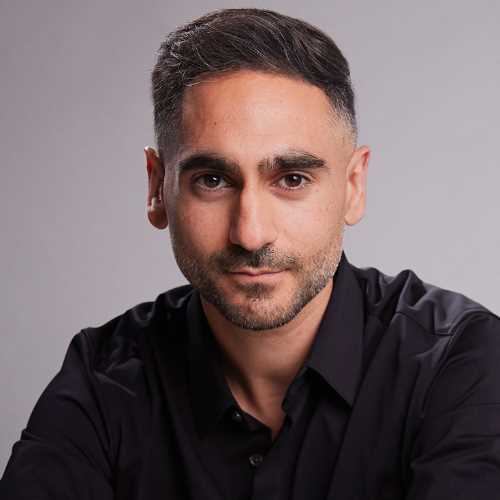

.gif)

